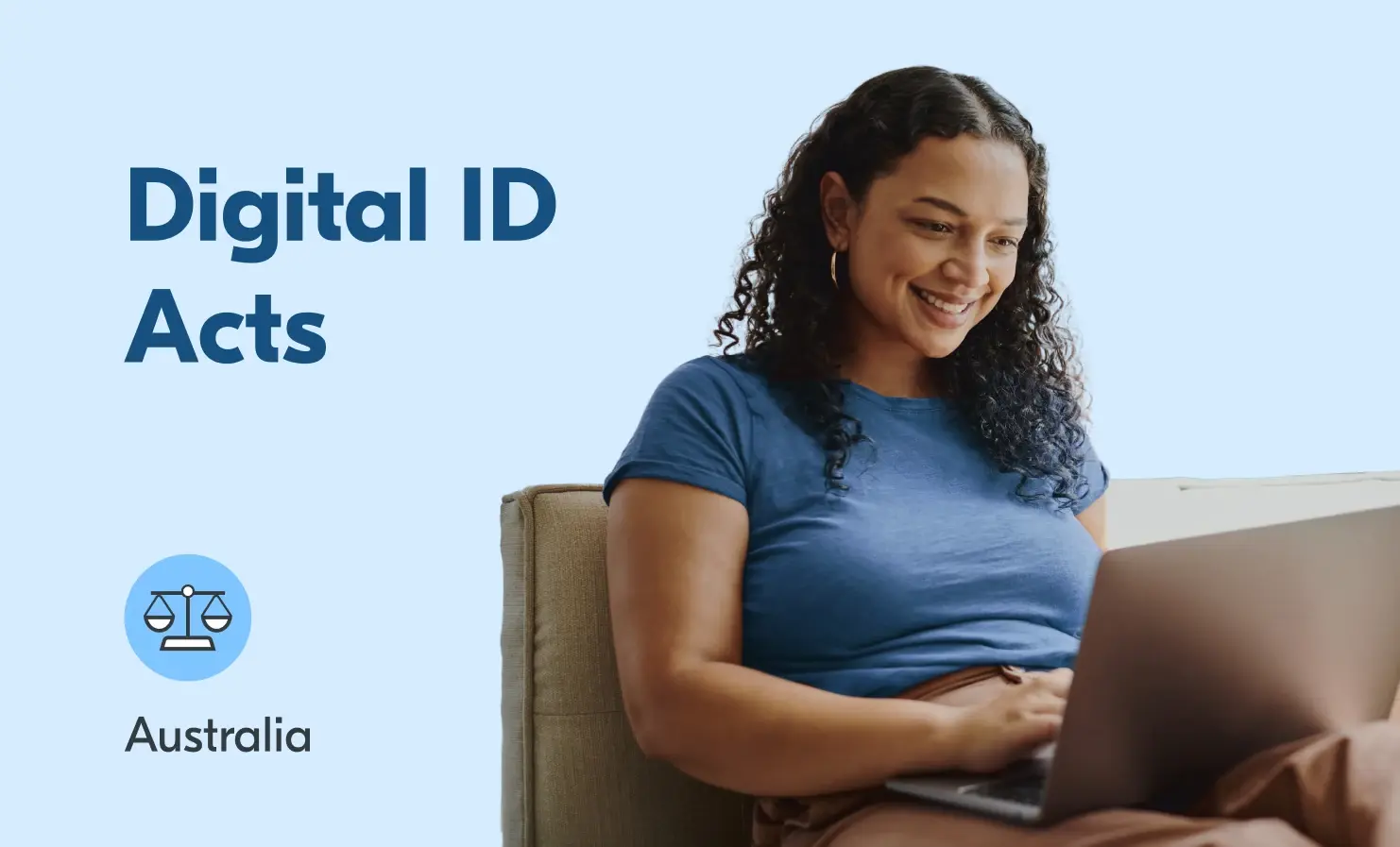Regulation
Understanding Australia's Digital ID Acts
Australia’s Digital ID Acts mark a significant milestone for Digital ID use across the world. Having just received Royal Assent, the Acts aim to provide people with a secure, convenient way to prove their identity online. Here’s some of the key information you need to know. What are Australia’s new Digital ID Acts? Australia’s Digital ID Acts are made up of two different (but similarly named) pieces of legislation. These are the Digital ID Act 2024 and the Digital ID (Transitional and Consequential Provisions) Act 2024. Together, they are known simply as “the Digital ID Acts”. Why
How age assurance builds trust and safety on gaming platforms
There is a growing agreement that more needs to be done to improve online safety. Regulators around the world are introducing new laws to make the digital world safer and ensure young people have an age-appropriate experience online. With legislation such as the Age Appropriate Design Code, the UK’s Online Safety Act, and the EU’s Digital Services Act reshaping the industry, gaming companies are facing a new era of accountability and responsibility. From implementing age assurance measures to ensuring age-appropriate content and experiences, gaming companies must navigate the regulatory landscape while prioritising user safety and privacy. This blog explores some
Preparing for the EU’s new AI Act
Artificial intelligence (AI) is changing our world at a speed that, just a decade ago, we never could’ve anticipated. As AI finds its way into our everyday lives, regulators are racing to catch up with its development. In response, last month, the EU voted to bring in the Artificial Intelligence Act, also known as the AI Act. The Act is expected to enter into force in May or June 2024. This blog looks at what the legislation means for businesses and how they can comply. Why is there an AI Act? In recent years, it seems as though AI
US age verification laws for online platforms
From buying goods online to accessing crucial services, there are countless advantages to an increasingly digital world. But with this development comes the serious challenge of ensuring that users can safely navigate online environments. As young people are able to access the internet more easily than ever, it’s important to make sure that their online journeys are age-appropriate. According to a national survey, the average age at which children in the US first see pornography is 12, with 15% first seeing online pornography at age 10 or younger. In response to the evolving digital landscape, regulation is making strides to
Our Fifth Regulatory Roundtable: exploring age assurance methods
As regulators and companies consider new laws to protect children and give them age-appropriate experiences online, they are faced with the challenge of how to determine someone’s age. We explored this topic at our latest regulatory roundtable; a lively and healthy discussion, chaired by our Guardian Gavin Starks. We discussed different age assurance methods, and the progress and widespread adoption of facial age estimation. We shared key updates on our technology, how facial age estimation can be configured to work with safety buffers, and demonstrated some live use cases. The roundtable also looked at why there needs to be international
DSIT report on public views of digital identities
Last year, the Department for Science, Innovation and Technology (DSIT) commissioned a public dialogue to seek views from the public on digital identities. They wanted to explore the benefits and concerns associated with digital identity services. We take a look at some of the key findings and themes from the public dialogue, and what this means for the future of digital identities in the UK. UK digital identity and attributes trust framework Digital identities give us a way to prove who we are, without needing to use physical documents. They can offer us greater privacy, security and convenience over






